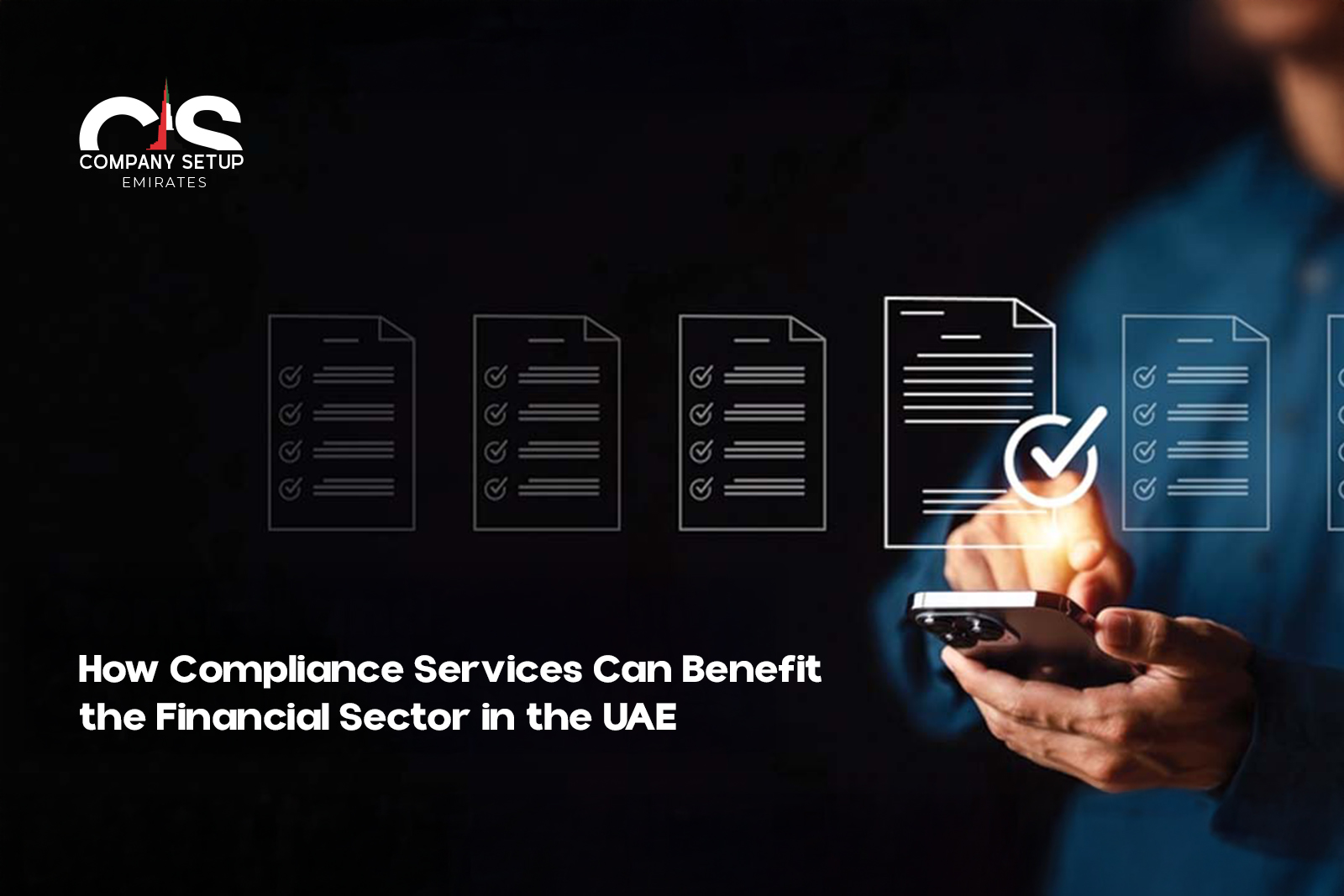Starting a new business in Dubai comes with its share of opportunities, but entrepreneurs often encounter significant banking and financial challenges that can impact their operations and growth. Understanding these challenges can help business owners navigate the financial landscape effectively.

Common Banking and Financial Challenges Faced by New Businesses
- 1. Difficulty in Opening a Business Bank Account
One of the first hurdles new businesses face in Dubai is the difficulty in opening a corporate bank account. Banks have strict Know Your Customer (KYC) requirements and demand extensive documentation, including proof of business activities, financial statements, and a local sponsor. Entrepreneurs often experience delays and rejections due to strict regulations, leading to frustration and lost business opportunities. Additionally, businesses operating in free zones may find it even more challenging, as not all banks cater to free zone companies.
- 2. High Minimum Balance Requirements
Many banks in Dubai require businesses to maintain a high minimum balance, which can range from AED 50,000 to AED 500,000, depending on the bank and account type. This requirement can be a financial burden for startups that are still in their early growth stages. Failure to maintain the minimum balance may result in hefty penalties, further straining a business’s finances. Entrepreneurs with limited capital may struggle to meet these requirements, affecting their liquidity and financial planning.
- 3. Complex Regulatory Framework
Dubai’s financial system operates under multiple regulatory bodies, including the Central Bank of the UAE, the Dubai Financial Services Authority (DFSA), and free zone authorities. These regulatory bodies have different compliance requirements, making it difficult for new businesses to stay compliant. Businesses must adhere to anti-money laundering (AML) regulations, tax laws, and financial reporting standards. Navigating these complex regulations without expert guidance can lead to unintentional violations, resulting in penalties or even business closure.
- 4. Limited Access to Business Loans
Access to funding is a crucial aspect of business growth, but many new businesses in Dubai face difficulties securing loans. Banks often require businesses to have a solid financial history, collateral, and strong business credentials, which many startups lack. Since most banks prefer lending to well-established businesses, startups often have to rely on alternative financing options such as angel investors, venture capital, or personal funds. Additionally, the high interest rates on business loans make it even more challenging for startups to secure affordable credit.
- 5. High Transaction Fees and Banking Costs
New businesses often find themselves burdened with high transaction fees, currency exchange costs, and hidden banking charges. Some banks impose high fees for international transactions, which can be a challenge for businesses engaged in global trade. Additionally, charges for overdraft facilities, foreign currency exchanges, and other banking services can quickly add up, eating into profit margins. These costs make financial management more complex and can impact cash flow stability.
- 6. Strict Compliance with VAT and Tax Regulations
Although Dubai offers a tax-friendly environment, businesses must comply with Value-Added Tax (VAT) regulations. Companies generating annual revenue above AED 375,000 must register for VAT and ensure timely filing of tax returns. Failure to comply with VAT regulations can lead to heavy fines. Many startups struggle with tax compliance due to a lack of expertise in VAT filing, leading to potential legal complications.
Pro Tips to Overcome Banking and Financial Challenges
1. Choose the Right Bank – Research and compare banks in Dubai to find one with favourable terms for startups.
2. Seek Professional Assistance – Consulting a financial advisor or business consultant can help navigate banking regulations and ensure compliance.
3. Explore Alternative Funding Options – Consider venture capital, angel investors, crowdfunding, or government grants as alternative sources of capital.
4. Negotiate Banking Terms – Some banks may offer better terms based on negotiations. Always inquire about potential waivers or reduced fees.
5. Maintain Strong Financial Records – Keeping detailed financial records and a solid credit history can improve eligibility for loans and banking services.
FAQs
What are the main banking and financial challenges faced by startups in Dubai?
Startups in Dubai face challenges such as difficulty opening business accounts, high minimum balance requirements, regulatory complexities, limited access to loans, and high banking fees.
How long does it take to open a business bank account in Dubai?
The process can take anywhere from two weeks to a few months, depending on the bank’s requirements and the completeness of the documentation provided.
Are there any banks in Dubai that cater specifically to startups?
Yes, some banks offer tailored solutions for startups, including lower minimum balance requirements and startup-friendly banking packages.
What alternative financing options are available for businesses in Dubai?
Entrepreneurs can explore venture capital, angel investors, crowdfunding, business grants, and government-backed loans as alternatives to traditional bank loans.
How can businesses manage high banking fees in Dubai?
Businesses can manage fees by negotiating terms with banks, choosing accounts with lower charges, and optimizing financial transactions to minimize costs.
Conclusion
New businesses in Dubai must navigate several banking and financial challenges that can impact their growth and stability. From opening a business bank account to managing high fees and securing funding, entrepreneurs must take strategic steps to overcome these obstacles. By choosing the right bank, seeking professional advice, and exploring alternative financing options, businesses can establish a strong financial foundation and thrive in Dubai’s competitive market.






